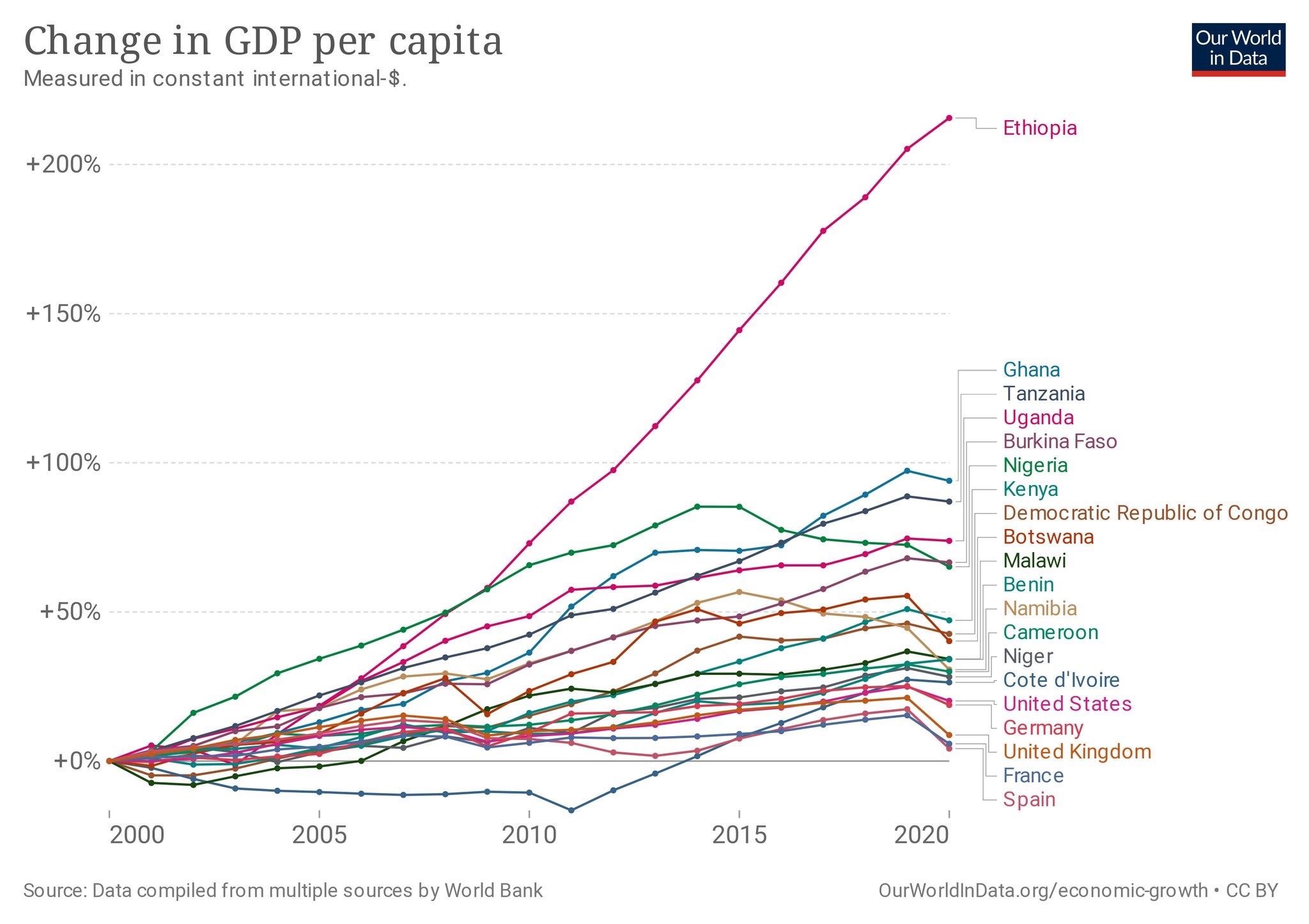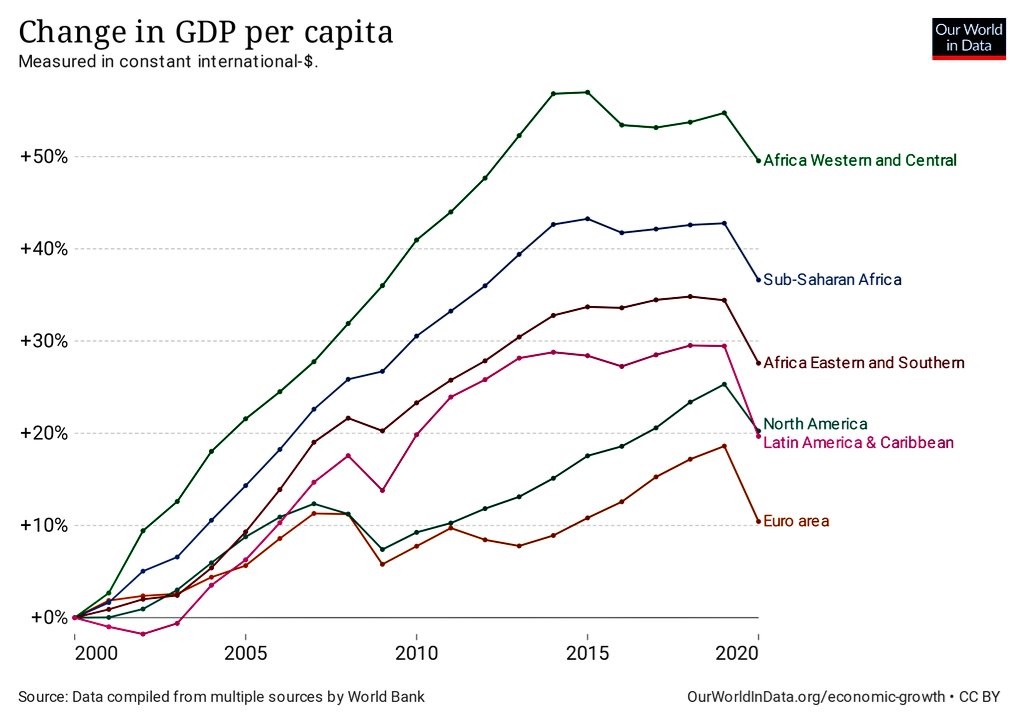A few weeks ago, we saw Los Lobos in concert. Los Lobos is an American band out of East Los Angeles who play a variety of styles from rock to Tex-Mex to R&B and more. We were reminded of the concert when we heard the podcast Code Switch on NPR asking “What is ‘Latin’ Music anyway.”
In the show, one of the guests, who is a big Los Lobos fan, noted he liked a musician who is African-American but traveled to Puerto Rico and became an expert in the music, “I consider him a Latin musician. But he’s an African-American guy from Cleveland.” The other guest on the show thinks differently, “Maybe I’m just more possessive than Felix is. But I’m kind of like, any time something comes out and it’s not from a Latino and they’re making Latin music, I’m kind of like, stay in your lane. Like, let’s keep it to Latinos only making Latin music. But that’s just me.” We do indeed hope it is just her. We believe cultural appropriation is one of the greatest forces for good in the world.
Take Los Lobos for instance. Formed by a couple of Latinos in East L.A. who loved old style rock and roll which was invented by African Americans who were playing instruments such as the guitar that may be as old as ancient Egypt but was modernized in Spain. The electric guitar was invented by some white guy in Santa Anita, California. Los Lobos incorporated some of their own family heritage into the mix, creating joy for so many over the years. They recorded their albums on equipment designed and manufactured in Japan, which allowed us to be able to hear the music. So what kind of music do they play? What is their lane? Penny Lane? As you consider what Latin music is, we careen down the highway to bring you Africa’s economic success, who is going nuclear and what Chinese think. It’s this week’s International Need to Know, qualified to play in the Australian Open…well, except for the tennis part.
A quick U.S. – China Index update: We’ve added semiconductor production to the Economy section. Track and measure the U.S.-China competition everyone keeps talking about
Without further ado, here’s what you need to know.
Africa Was Growing
Late in the previous century we were traversing through Africa and found ourselves in the airport of Lusaka, Zambia. We had been warned, whether accurately or not we did not know, that staff in the airport often demanded bribes to get through security. As we entered the security line, an official directed us into a dark room shrouded by black curtains and we wondered if this is where we were to pay up. We were asked many questions but we played dumb—mainly because we were—and eventually were passed through and boarded the waiting plane to fly onto, if memory serves, Botswana, without being requested to pay a dime in bribes or any other fees. Too many of us still have an image of African countries mired in the past, but many countries in Africa have been developing rapidly over the last decade, or at least were until this cursed pandemic spiked its proteins into our collective economies. As you can see in the two charts below created by the economist, Dina Pomeranz, a variety of African countries GDP per capita have grown at a faster pace than the U.S. and Europe. And recently we read of Zambia’s attempts to become a tech hub. According to the Rest of the World, “As more than $4.3 billion poured into African startups in 2021 — 2.5 times the figure in 2020 — Zambia will face stiff competition to become Africa’s leading tech-friendly hub. Nigeria, Tunisia, and Senegal have either proposed or passed startup acts designed to support tech innovation and encourage startups and capital to stay within their country.” We hope someday to return to the airport in Lusaka, which we presume is far different from when we were there many years ago.
Going Nuclear
Nuclear power, like the comedian Aziz Ansari, continues to be controversial in some quarters. We have no firm stand on either Aziz or nuclear power but do wonder about Germany’s continued insistence on phasing it out even as German leaders express continued concern about climate change. After all, closing nuclear plants will in the short term contribute more greenhouses gases into the atmosphere and likely make Germany more reliant on Russia. Solar and wind power are playing a larger role in clean energy and we have predicted they will dominate sooner than many think. But nuclear power still plays a large role around the world, including in France, where 70 percent of its electricity is generated by nuclear power, and thus makes France one of the developed countries most successful at limiting emissions of greenhouse gases. In the chart below you can see that the top ten countries for share of electricity generated by nuclear power are all in Europe. But the U.S. and China, by dint of size, are the top two generators of electricity by nuclear power overall. China has plans to build many more nuclear reactors, the U.S. has none in the works. There is very little energy for building nuclear energy plants in America but lots in Asia.
Source: International Atomic Energy Agency
China Corner: What’s Going on?
We’ve been asked to talk about how Chinese understand their role in the world for a presentation we’re making in a few months. It’s a great question partly because so many people only think of China in terms of America…or Germany or India or wherever we happen to live or be from. We rarely think of issues from a Chinese point of view. But in doing so, we need to remember what Chinese think about China is not only framed by their own experiences but by the information provided by the CCP, who increasingly control information flows in Chinese society. So, you may be surprised to learn that Chinese are being told to be very careful when receiving international mail because it could be contaminated with Omicron. China’s leaders have been promoting the idea that the virus originated elsewhere almost since the beginning of the pandemic and now propagate ideas on how the virus spreads that are not backed by any studies. Now how many Chinese actually are scared of the mail? Who knows? The mail spreading theory occurs as Olympic athletes and folks associated with them are entering China for the upcoming Olympics. You may be surprised to learn that America is not the only place with racism problems (or Germany, France or just about any other place on planet earth) but this video of Chinese greeting black athletes by shouting the N***** word may disabuse you of the notion (to its credit, the Chinese Basketball Association has condemned the behavior). Of course, China, like all countries, is full of wonderful people, doing wonderful things. But the CCP often tries to infect the populace with bad ideas. To remind us all of the wonderful people, here’s a video of a Chinese principle teaching his students the shuffle dance.




